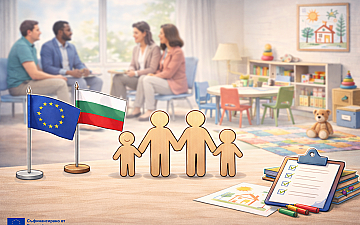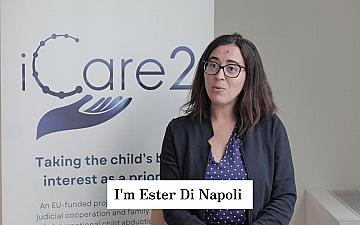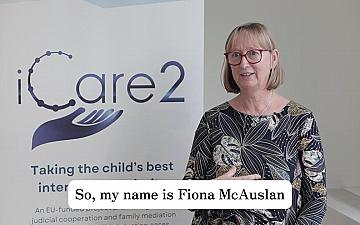In the age of the ocean of information, we often remain insufficiently informed, and even more often, we are misinformed. In recent years, there has been increasing talk of disinformation, fake news, fake accounts and fake actors. We are repeatedly warned about wrong information on the Internet, but the truth is that even more often, we forget about this problem while reading articles, for example.
Nowadays, when we go to the doctor, we are often warned not to read on the Internet and not to believe what is written. Very often, young parents, adolescents and even children, instead of consulting a doctor, check their symptoms on the Internet, after which they decide to self-medicate or not take action based on the perceived information or even take the wrong ones.
Surfing the Internet and looking for information on many important aspects of child development, we come across articles that describe "grandmother" methods of dealing with various diseases. In this regard, it is essential to note that in many cases, such methods can turn out to be not just useless or harmful but even dangerous for children, forcing parents to seek emergency medical care for their child in case of a deterioration in his condition.
We often find information from reliable sources describing possible responses to certain situations. For example, the mass information on the Internet about fever in babies and young children is that up to 38.0 degrees, nothing should be done. Although this information may correspond to general medical recommendations, it should not be forgotten that each case is individual. Sometimes this temperature can rise in minutes, but, reassured by the information read, parents do not continue to monitor the temperature promptly. In some cases, it is even possible for them to decide that their child is well.
A common method of treatment is the treatment of children on the Internet by doctors. Even in these cases, we may fall victim to misinformation transmitted via Viber or Messenger. The doctor receives information about the patient's condition and submits information based on the initially received, but without having the opportunity to examine the patient. Unfortunately, this practice of prescribing treatment can be wrong and worsens the condition of the treated person.
Other absurd things happen in practice. A familiar paediatrician told me that parents often come to the emergency room, reading on the Internet about the symptoms of their child, who turns out to have a cold, but under the influence of the information they have read, do not want to leave without the doctor prescribing a drug that is not necessary for the specific case.
Disinformation can be dangerous, which is the reason why we need to be able to distinguish it in the ocean of information.









